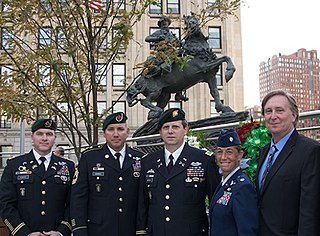A Quote by Steve Toltz
On the one hand I'm writing about somebody about whom I say in the book, "The only thing worse than being a statistic is being a statistical anomaly." So I'm writing about a particularly unlucky person. So that's a special type of hell, to be particularly unlucky.
Related Quotes
One thing about having mostly absent parents that I think was perhaps "good" for the development of my intellect/writing is that I was given almost total freedom to read/write/look at whatever I wanted. I wonder a lot about how my past experiences, particularly my negative childhood (home life and being severely bullied/ostracized throughout school) as formed my/my thoughts/my writing, though I should also note those things were far from the only thing that had an impact on me/my writing.
That's one thing brands are understanding is, I'm the blogger who's not writing about fashion. I'm not writing about beauty. I'm not writing about gossip. I'm not writing about politics. I'm writing about all of that. I'm the person they can come to if they just want to reach people who care and have their fingers on pop culture.
The difference between writing where you know where to draw the line and writing where you're being way too mean is whether you can tell that the writer is not talking to family or friends anymore. Generally, if you say something bad about somebody on stage, you need to say two bad things about yourself. A lot of times, I think I'm the worst person in the room.
I think all writing is about writing. All writing is a way of going out and exploring the world, of examining the way we live, and therefore any words you put down on the page about life will, at some level, also be words about words. It's still amazing, though, how many poems can be read as being analogous to the act of writing a poem. "Go to hell, go into detail, go for the throat" is certainly about writing, but it's also hopefully about a way of living.
The twentieth century saw a professionalization of fiction writing, particularly in its second half and particularly in the Anglo-Saxon world - not so much mainland Europe, for example. This professionalization is a tragedy. Hand in hand with this - and I have no idea what the causal relations are - there has been a rise in the idea of The Author, so that today one often has the impression that what's selling the book is not the book but the author.
A woman journalist in England asked me why Americans usually wrote about their childhood and a past that happened only in imagination, why they never wrote about the present. This bothered me until I realized why - that a novelist wants to know how it comes out, that he can't be omnipotent writing a book about the present, particularly this one.







































